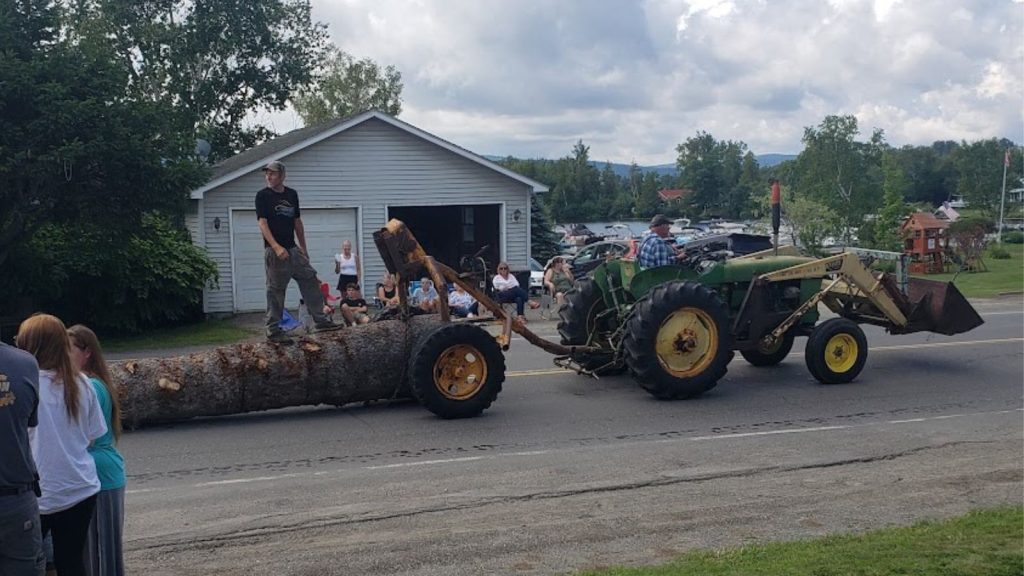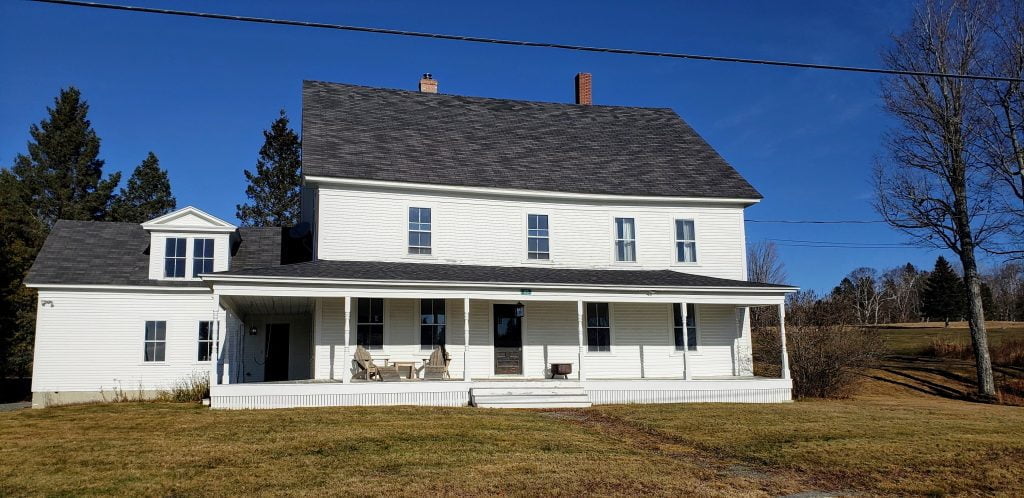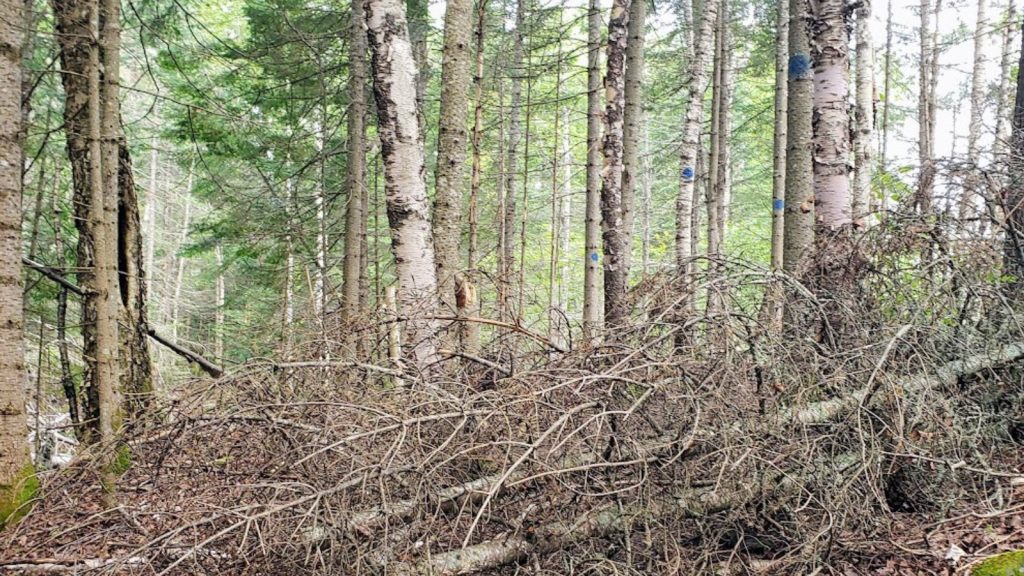If you are considering moving to a rural area, you must know the importance of planning. Many things can go wrong if you don’t plan. It’s often difficult to get help when needed in rural areas of the country. There are several reasons why planning is so important when moving to a rural area.
- Services are often limited
- There are usually no close neighbors to rely on
- Help can be far away
- Cell service may be limited
- Weather can be brutal
Limited Services – Why Being Prepared Is Important
Services are often limited when you live in the middle of nowhere. When you live in a rural area, you can’t always count on having easy access to services like grocery stores, gas stations, pharmacies, vets, and medical services.
This is why it’s important to plan and ensure you have everything you need before you need it.
Recently, my laptop was acting up, and instead of waiting for it to break down, I purchased a new one when I was in a bigger town 2 hours away. I didn’t want to lose time with my business if I waited til I needed it.
Besides, I would have been in a panic as I work from home on the computer.
However, without proper planning on essential supplies, you might be stranded without food or gas.
Trip Planning
With the high fuel cost, planning your road trips is imperative. For example, we have no pharmacy in our little town. We have to drive an hour away to pick up medicines or have them delivered.
Yesterday, I received the wrong medication. (I switched drugstores today.) Now, I have to check the weather for severe thunderstorms tomorrow and decide when the best time of day to go for the 2-hour ride back and forth to pick up the correct medication will be.
Also, do we need anything else in the large town that is an hour away? I don’t want to waste time or gas money on the one trip. So, the importance of planning for these types of things cannot be stressed enough.
Important of Planning With No Close Neighbors
There are usually no close neighbors to rely on. In a rural area, your nearest neighbor might be miles away. This can be a problem if you have an emergency and need help immediately.
That’s why planning what you would do in an emergency is so important. Who would you call? How would you get help? It’s also a good idea to get to know your neighbors so you can count on them in a pinch.
Also, find the nearest walk-in center, emergency room, and Triple-A station if your car breaks down.

My husband can fix anything, but he is unreachable by phone when he’s at work. So, when I had a flat tire, I called Triple A. I was pleasantly surprised to find a station in our area. However, many rural areas may not have one nearby.
Another time, I got stuck an hour away; my cell phone battery was almost dead. So be sure to fully charge that before heading out or carry an extra battery.
The Importance of Planning For No Cell Phone Service
If you live in a rural area, there’s also a good chance that you won’t always have cell service. This can be frustrating if you’re trying to get directions or need to make a phone call but can’t because there’s no signal.
To avoid being stranded without any way to communicate, it’s important to always have a physical map on hand.
You also have an emergency radio to stay up-to-date on what’s going on even when there’s no cell service. Some folks who know the importance of planning purchase a satellite phone.
Help Often Far Away
If something goes wrong in a rural area, it might take longer for help to arrive than in a more populated area. That’s why it’s important to plan how to deal with an emergency situation until help arrives.
The old saying that accidents happen is true, as I can tell you from experience. This was one before we moved full-time to our northern New England rural area. After that, we had 2 moose hit the truck as well.
We were very lucky that we had cell service at the time of them. A few miles further, there would have been no cell service to call for help.

Again, knowing your neighbors and having a good relationship with them can be helpful in any situation. They might be able to provide assistance or at least keep an eye on your property or pet until help arrives.
The Importance of Planning For Extreme Weather
Another thing to consider when you live in a rural area is the weather. Because you’re not close to any major cities, you’re more likely to experience extreme weather conditions like blizzards, hurricanes, or forest fires.
This is why having an emergency kit stocked with food, water, and other supplies is so important in case you get stranded due to bad weather. The importance of planning for bad weather cannot be stressed enough for you and your pets.
Often, we see people who come to visit and do not have the proper clothing to withstand such low temperatures. More people die from freezing to death than from the heat.

Other country areas must be prepared for tornados, hurricanes, or earthquakes. Each has its emergencies to plan for.
This past summer, we experienced flooding and nasty thunderstorms in our areas. So even with other weather conditions, your area may not always have they happen every few decades, leaving many people unprepared.
Your Turn – Importance Of Planning and Organizing
What does the importance of planning mean to you when moving to a rural area? I’d love to hear from others who live in a rural area and how they plan to live there. Please leave a comment in the comment section below.
FAQs: Importance of Planning for Rural Living & Survival
What are the key benefits of living in a rural area for survival?
Living in a rural area offers access to natural resources like freshwater land for growing food and fewer population pressures during crises.
How do I assess whether a rural area is suitable for survival?
Evaluate access to resources (water, soil, wood), security risks, climate conditions, and service proximity.
What essential skills should I learn to live in a rural area?
Learn gardening, water purification, first aid, general repairs, hunting, foraging, and basic animal care.
How much food should I grow on rural property for self-sufficiency?
Grow enough to meet your family’s caloric needs based on crop yields, climate, and available space.
What type of shelter works best for survival in rural areas?
A sturdy, insulated, off-grid-capable structure with space for storage and a nearby water source is ideal.
What’s the best way to secure water in a rural environment?
Install wells and rainwater collection systems or find a natural water source, ensuring purification options are in place.
What are the challenges of rural living for survival?
Challenges include isolation, extreme weather, limited medical care, wildlife threats, and maintaining long-term resources.
Importance of Planning – Should I stockpile supplies?
Bring essentials like non-perishable food, tools, medical supplies, seeds, and water purification options.
How do I prepare for emergencies while living rurally?
Build a communication plan, have backup power, store extra supplies, and be ready to handle medical emergencies independently.
Do I need to consider social connections in a rural area?
Yes, nearby neighbors or small communities can provide mutual support, trade opportunities, and added security.
How can I maintain long-term food storage in a rural area?
Use canning, drying, vacuum sealing, root cellars, and proper storage conditions for longevity.
Are rural areas safer than urban areas for survival?
Generally, yes, due to fewer people, reduced crime risk, and easier access to natural resources, but risks still exist.




